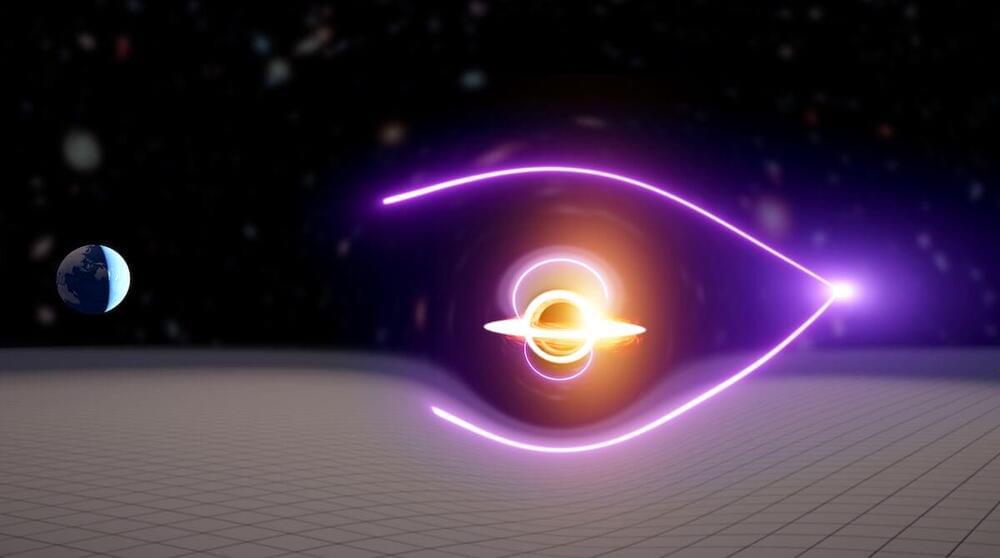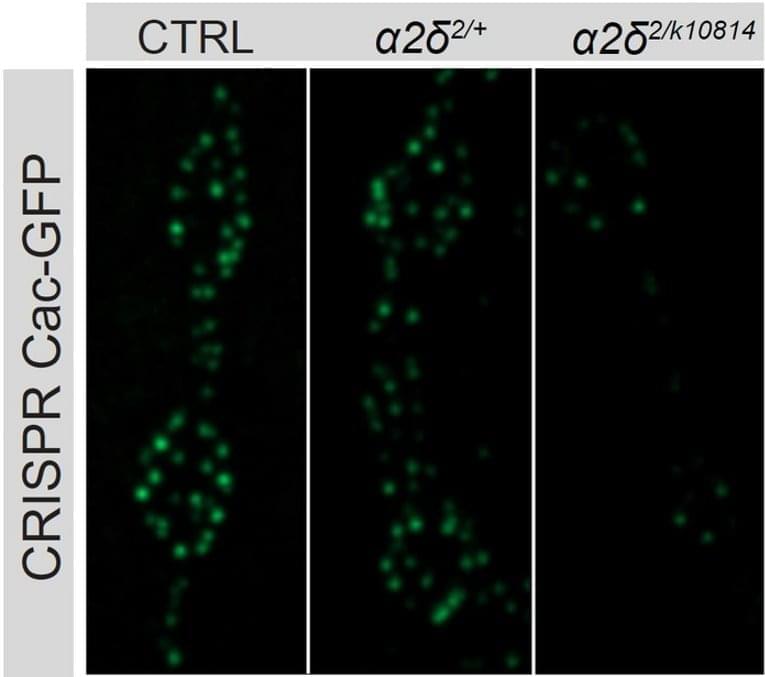More writers are using AI programs like Sudowrite to create fiction novels faster than ever before. Some support AI writing, some don’t.




Once datasets are cleaned, data visualization remodels them into intelligible graphics that put actionable insights on full display.
Join executives from July 26–28 for Transform’s AI & Edge Week. Hear from top leaders discuss topics surrounding AL/ML technology, conversational AI, IVA, NLP, Edge, and more. Reserve your free pass now!
Chances are you’ve heard the phrase “a picture is worth a thousand words.” What you may not know is that depending on the context, this can be somewhat of a misleading statement.
Hear us out. The human brain is hardwired to ingest images 60,000 times faster than text, accounting for 90% of the information we process every day being visual. These numbers make a convincing case as to why a picture deserves a little more credit than just a thousand words.

Last year, scientists used gravitational waves to detect an elusive intermediate-mass black hole for the first time. Now, Australian astronomers have spotted another – this time using gamma-ray bursts.
Black holes are formed when massive stars reach the end of their lives and collapse under their own gravity. But they aren’t all the same – stellar mass black holes are small, just a few times the mass of our Sun, while supermassive black holes at the hearts of galaxy are enormous, with masses millions or even billions of times greater than our sun.
Intermediate mass black holes are the missing link between these two populations, thought to span between 100 and 100,000 solar masses. The black hole discovered in 2020 was 142 solar masses – while this newly discovered monster is on the other end of the scale, at approximately 55,000 solar masses.

Joshua Miele, who builds adaptive technologies at Amazon, is part of a generation of leaders who are reshaping the world and have roots in The Cave, a basement hideaway at UC Berkeley that nurtured blind innovators.


Summary: Researchers reveal how neurons set up and sustain the vital infrastructure that allows for seamless neurotransmission.
Source: picower institute for learning and memory.
The nervous system works because neurons communicate across connections called synapses. They “talk” when calcium ions flow through channels into “active zones” that are loaded with vesicles carrying molecular messages.
Join us on Patreon!
https://www.patreon.com/MichaelLustgartenPhD
Bristle Discount Link (Oral microbiome quantification):
ConquerAging15
https://www.bmq30trk.com/4FL3LK/GTSC3/
Cronometer Discount Link (Daily diet tracking):
https://shareasale.com/r.cfm?b=1390137&u=3266601&m=61121&urllink=&afftrack=
You can support the channel by buying me a coffee!
https://www.buymeacoffee.com/mlhnrca.
Levine’s Biological age calculator is embedded as an Excel file in this link from my website:
